PROG RELATED
A Progressive Rock Sub-genre
From Progarchives.com, the ultimate progressive rock music website
Prog Related definition
No musical genre exists in a vacuum. Not all of the bands that have been a part of the history and development of progressive rock are necessarily progressive rock bands themselves. This is why progarchives has included a genre called prog-related, so we could include all the bands that complete the history of progressive rock, whether or not they were considered full-fledged progressive rock bands themselves.
There are many criteria that the prog-related evaluation team considers when deciding which bands are considered prog-related. Very few bands will meet all of this criteria, but this list will give an idea as to some of the things that help evaluate whether an artists is prog-related or not.
1) Influence on progressive rock - The groundbreaking work of artists like Led Zepplin and David Bowie affected many genres of rock, including at times progressive rock. Although both of these artists created rock music in a dizzying array of genres, both contributed to the ongoing history of progressive rock several times within the span of their careers.
2) Location - Progressive rock did not develop at the same time all over the world. It may surprise some people that as late as the mid-70s the US had very few original progressive rock bands that did not sound like exact copies of British bands. Journey was one of the first US bands to present a uniquely American brand of prog-rock before they eventually became a mainstream rock band. We have collaborators from all over the world who tell us which bands helped the progressive rock scene develop in their corner of the globe, even if those bands were like Journey and were known more for being mainstream rock bands.
3) Members of important progressive rock bands - Although most of the recorded solo output of artists like Greg Lake and David Gilmour falls more in a mainstream rock style, their contributions to progressive rock in their respective bands insures them a place in our prog-related genre.
4) Timeliness - Like many genres, prog-rock has had its ups and downs. In the late 70s and early 80s prog-rock was barely a blip on the radar. During this time artists such as David Bowie and Metallica released albums that captured key elements of the spirit of prog rock and did so while contributing their own original modern elements to the mix.
5) Integral part of the prog-rock scene - Sometimes you just had to be a part of the scene during a certain time period to understand how some bands fit with the prog rock scene of their time. Although Led Zeppelin, Black Sabbath and Wishbone Ash may seem like mere hard rock bands, in their time they stood apart from other hard rockers with their more serious lyrical content and more developed compositions. Put simply, in the early 70s every prog-rock record collector usually had full collections of all three of these artists. These three bands were very much part of the prog-rock scene without being total prog-rock bands them selves.
6) Influenced by progressive rock - From the late 60s till about 1976 the progressive tendency was in full effect in almost all genres of music. Once again, as we enter the second decade of the 21st century a melting pot of prog-metal, math-rock, progressive electronics and post-rock influences have once again made a progressive tendency in rock music almost more a norm than a difference. Yet in other periods of musical history receiving influence from progressive rock could really set a band apart and make them worthy of our prog-related category.
Being influenced by progressive rock is hardly the only factor we look at, and in some periods of musical history it is almost meaningless, but still, it is almost a given that most of the artists listed in prog-related were influenced by the development of progressive rock.
7) Common sense - Nitpicking over the above listed criteria is not necessarily the correct way to evaluate a band for prog-related. Sometimes you just have to use some common sense and look at the big picture.
A very good way to describe prog-related would be to imagine an exhaustive book that covered the history of progressive rock. Would such a book include references to led Zeppelin's 'Stairway to Heaven', David Bowie's 'The Man Who Sold the World' or Queen's 'Bohemian Rhapsody'? Probably so.
- Easy Money
Prog Related Top Albums
Showing only studios | Based on members ratings & PA algorithm* | Show Top 100 Prog Related
 | More Top Prog lists and filters
| More Top Prog lists and filters
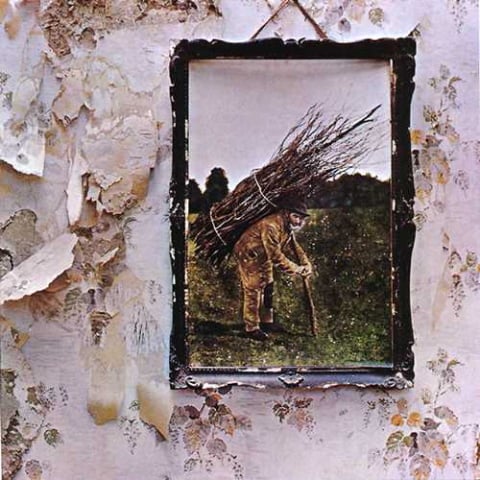 4.42 | 1383 ratings
LED ZEPPELIN IV
4.42 | 1383 ratings
LED ZEPPELIN IVLed Zeppelin |
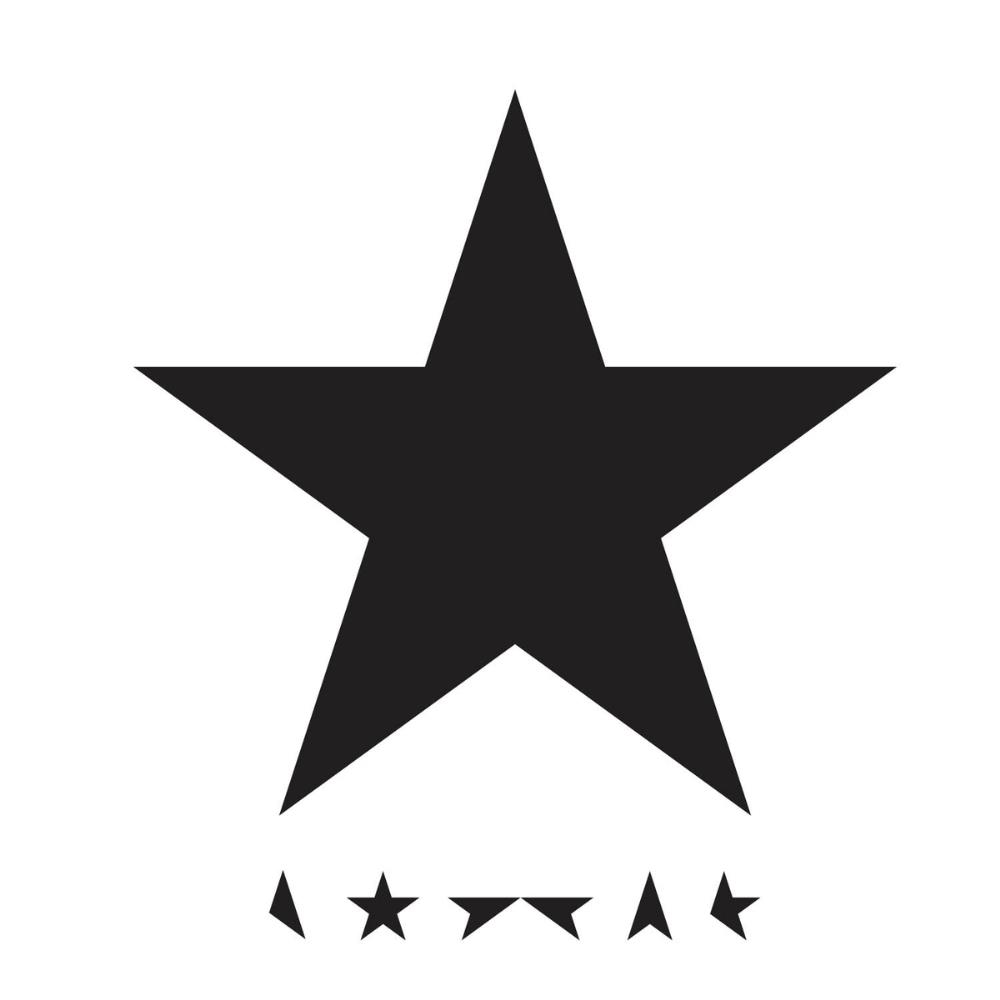 4.46 | 483 ratings
BLACKSTAR
4.46 | 483 ratings
BLACKSTARBowie, David |
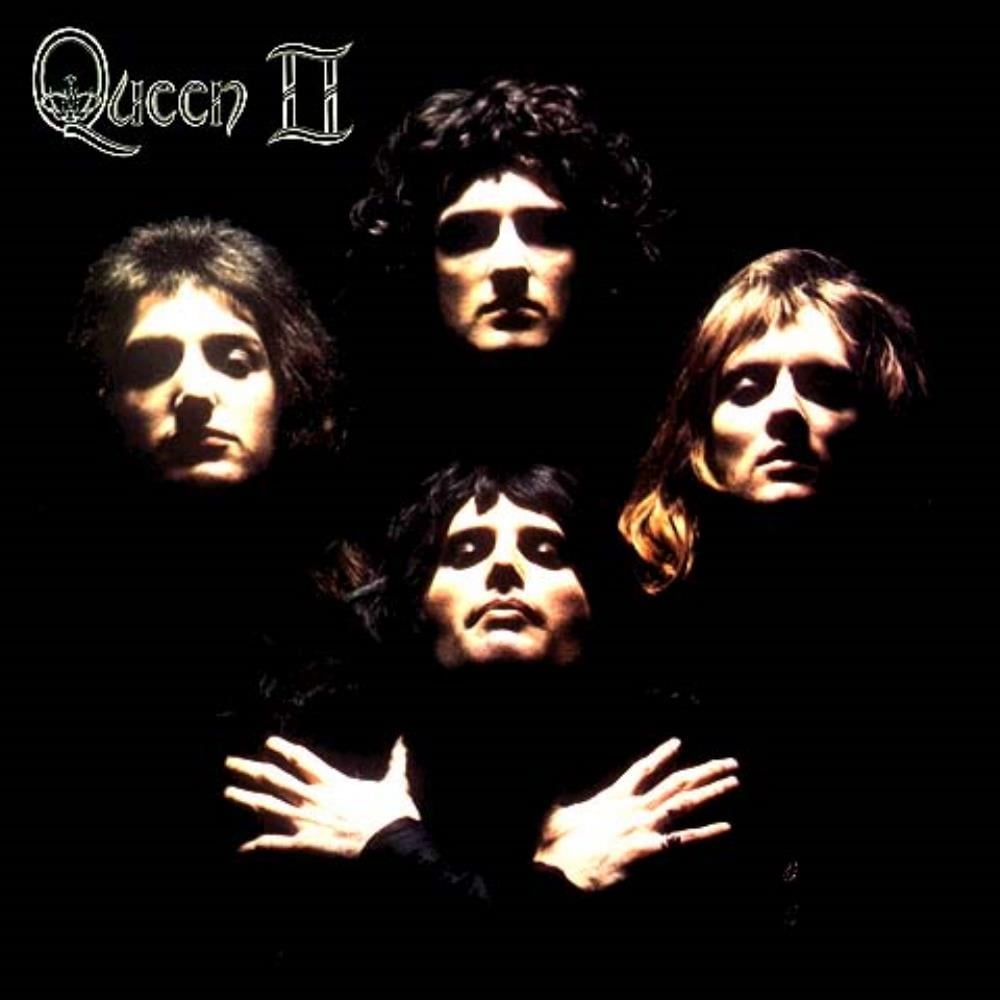 4.35 | 977 ratings
QUEEN II
4.35 | 977 ratings
QUEEN IIQueen |
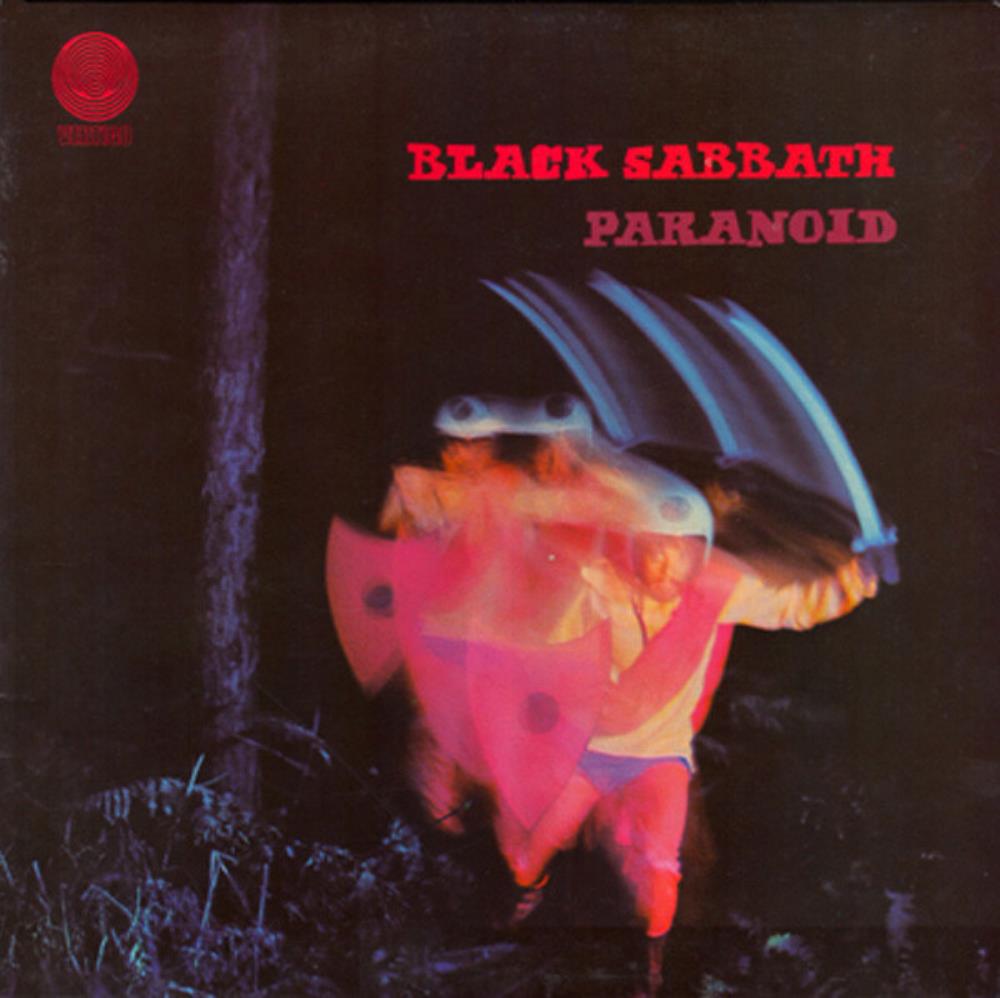 4.33 | 1175 ratings
PARANOID
4.33 | 1175 ratings
PARANOIDBlack Sabbath |
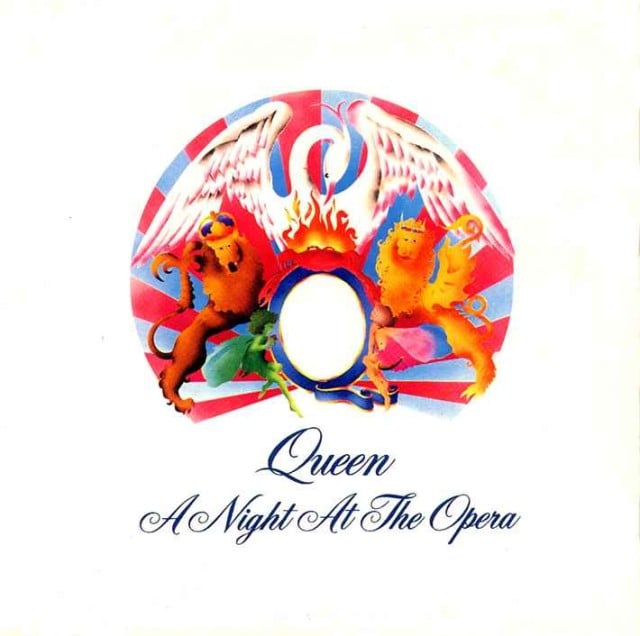 4.30 | 1124 ratings
A NIGHT AT THE OPERA
4.30 | 1124 ratings
A NIGHT AT THE OPERAQueen |
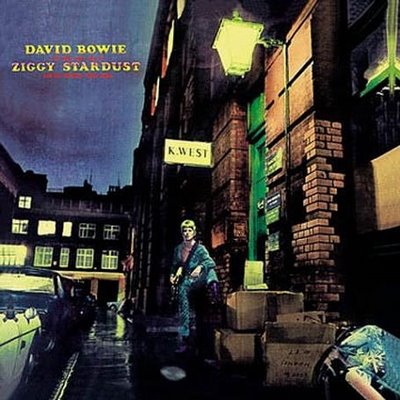 4.27 | 815 ratings
THE RISE AND FALL OF ZIGGY STARDUST AND THE SPIDERS FROM MARS
4.27 | 815 ratings
THE RISE AND FALL OF ZIGGY STARDUST AND THE SPIDERS FROM MARSBowie, David |
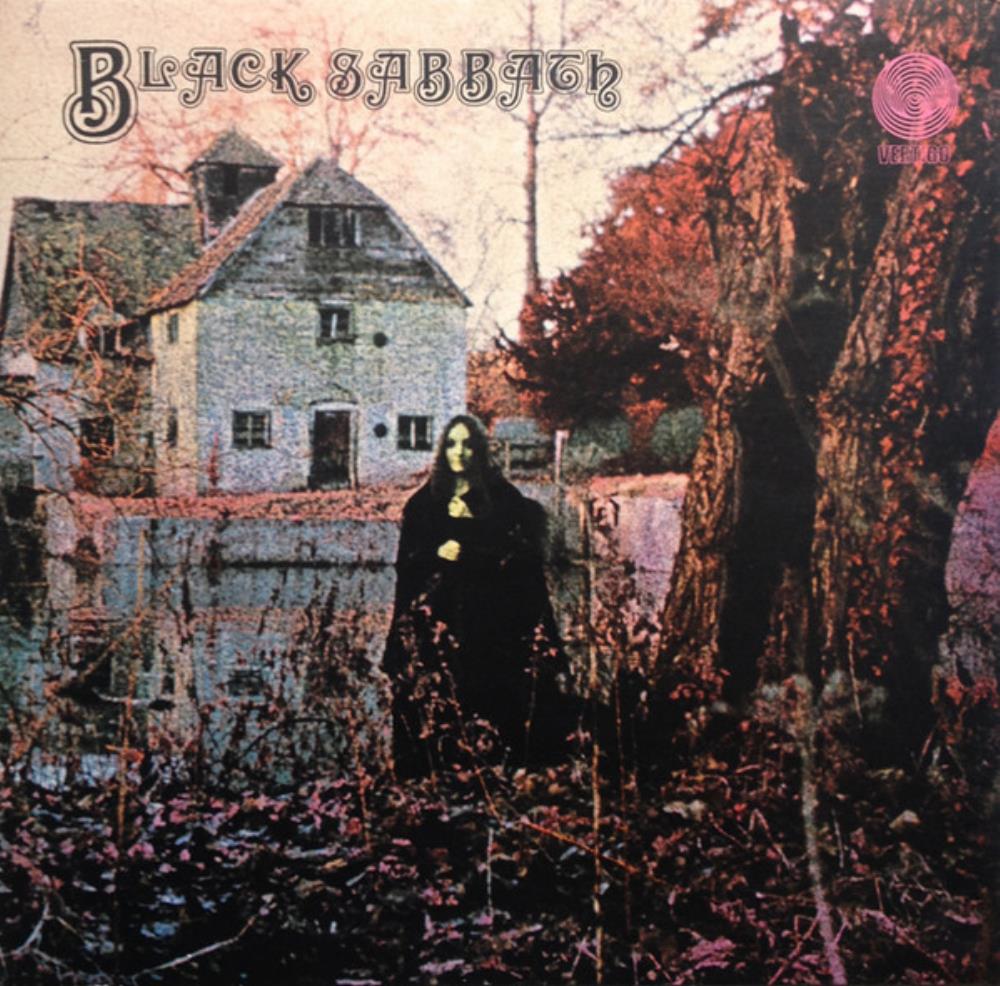 4.23 | 1062 ratings
BLACK SABBATH
4.23 | 1062 ratings
BLACK SABBATHBlack Sabbath |
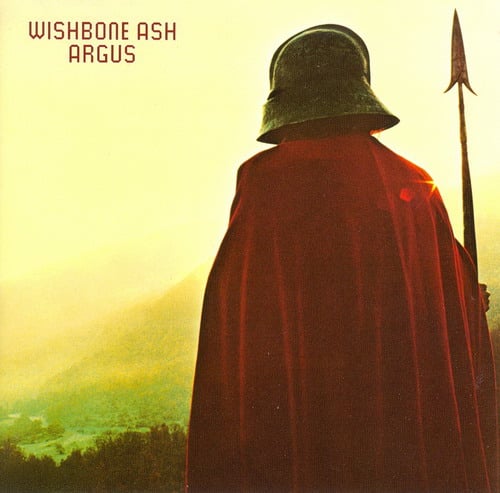 4.25 | 825 ratings
ARGUS
4.25 | 825 ratings
ARGUSWishbone Ash |
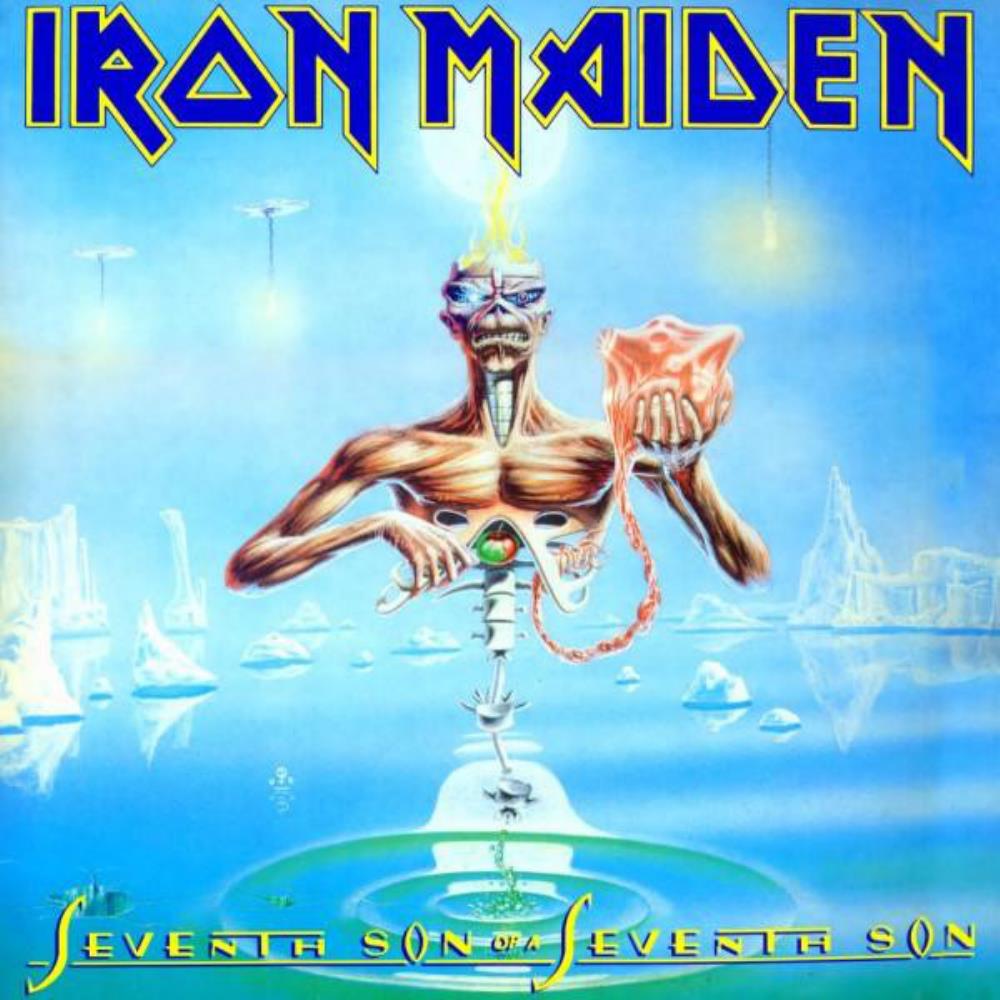 4.20 | 918 ratings
SEVENTH SON OF A SEVENTH SON
4.20 | 918 ratings
SEVENTH SON OF A SEVENTH SONIron Maiden |
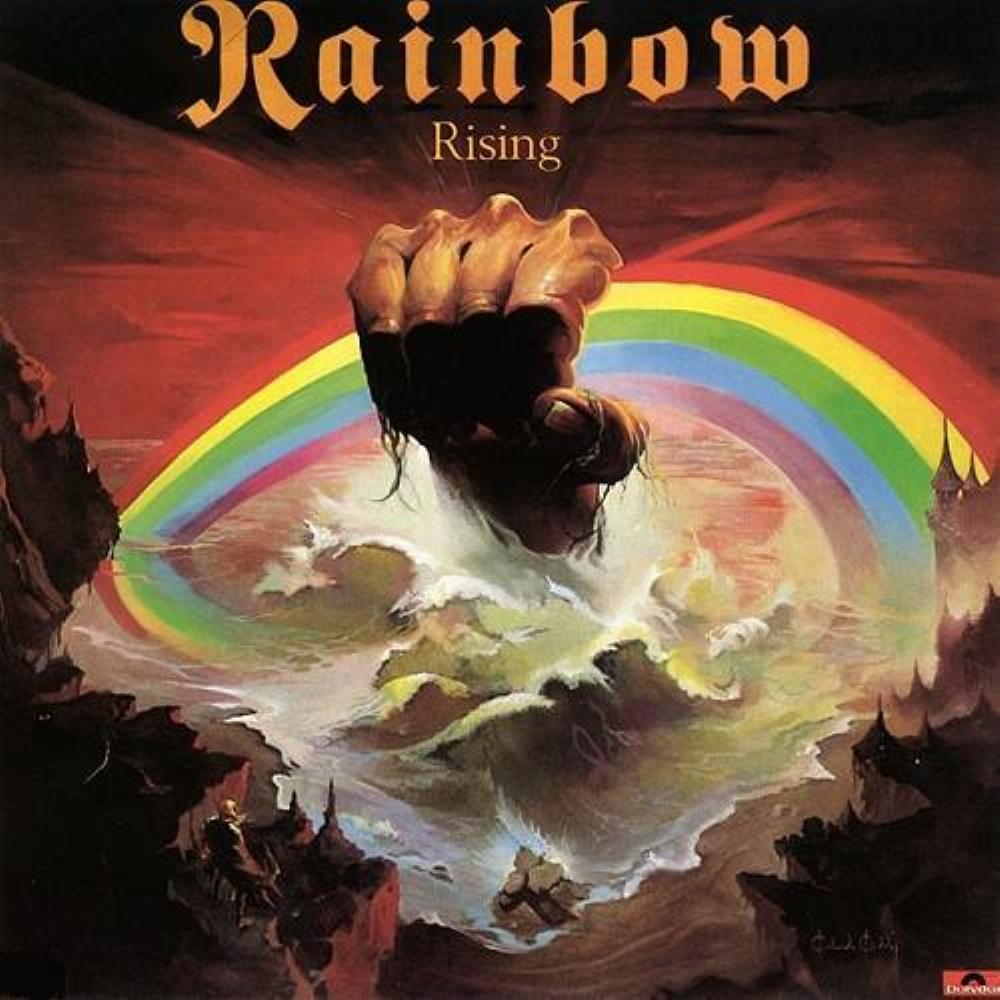 4.21 | 640 ratings
RISING
4.21 | 640 ratings
RISINGRainbow |
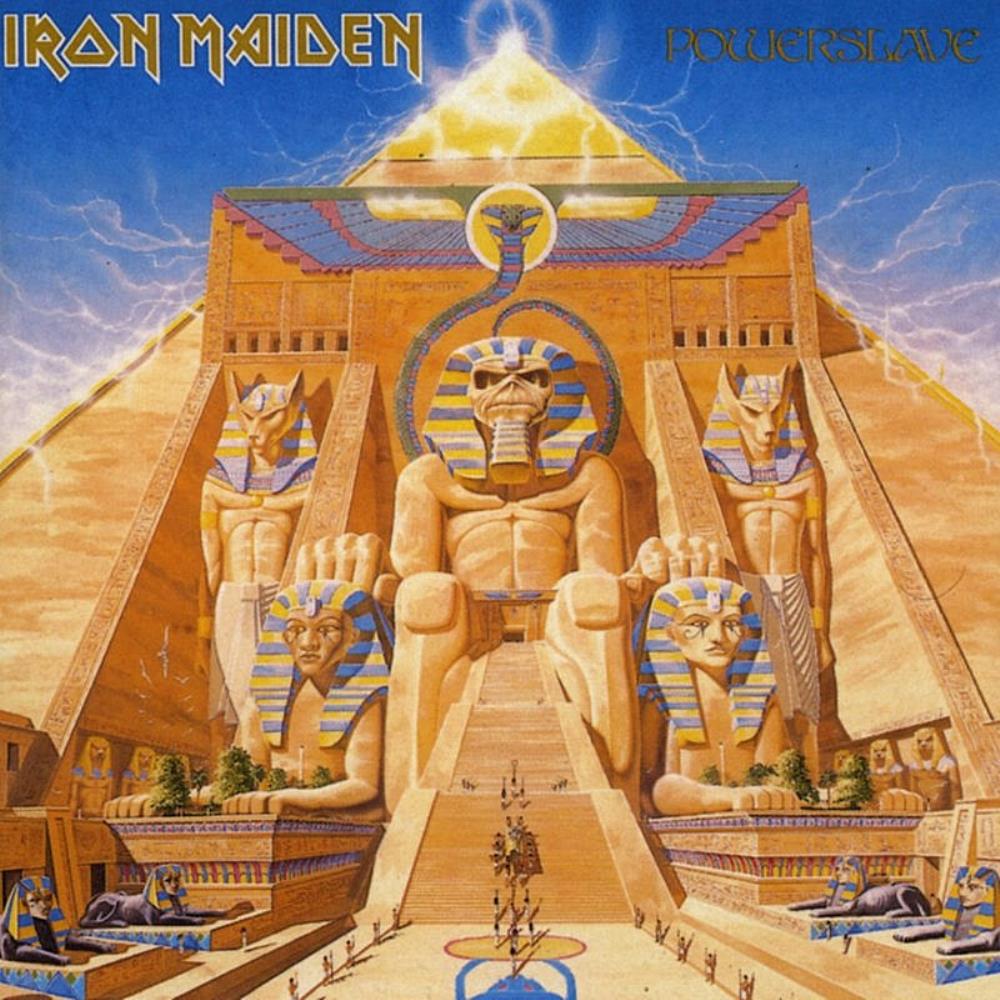 4.15 | 888 ratings
POWERSLAVE
4.15 | 888 ratings
POWERSLAVEIron Maiden |
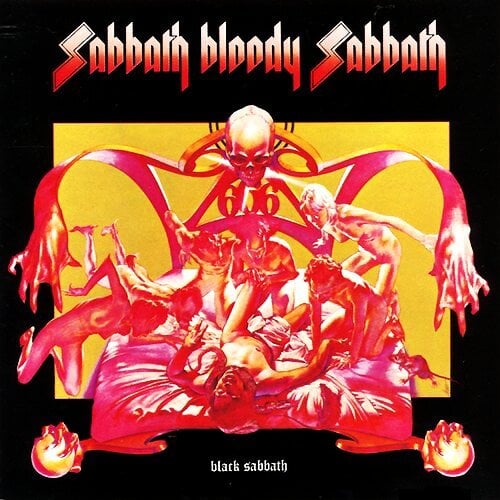 4.15 | 909 ratings
SABBATH BLOODY SABBATH
4.15 | 909 ratings
SABBATH BLOODY SABBATHBlack Sabbath |
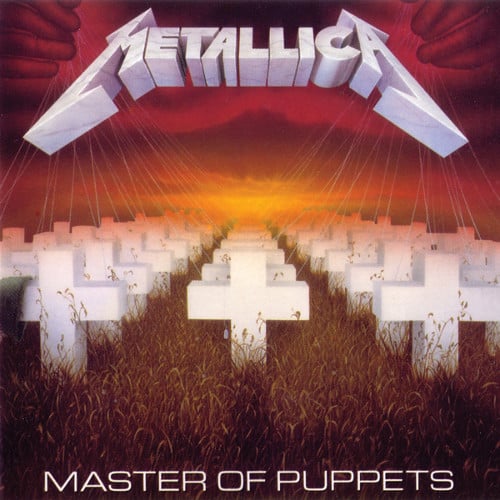 4.15 | 881 ratings
MASTER OF PUPPETS
4.15 | 881 ratings
MASTER OF PUPPETSMetallica |
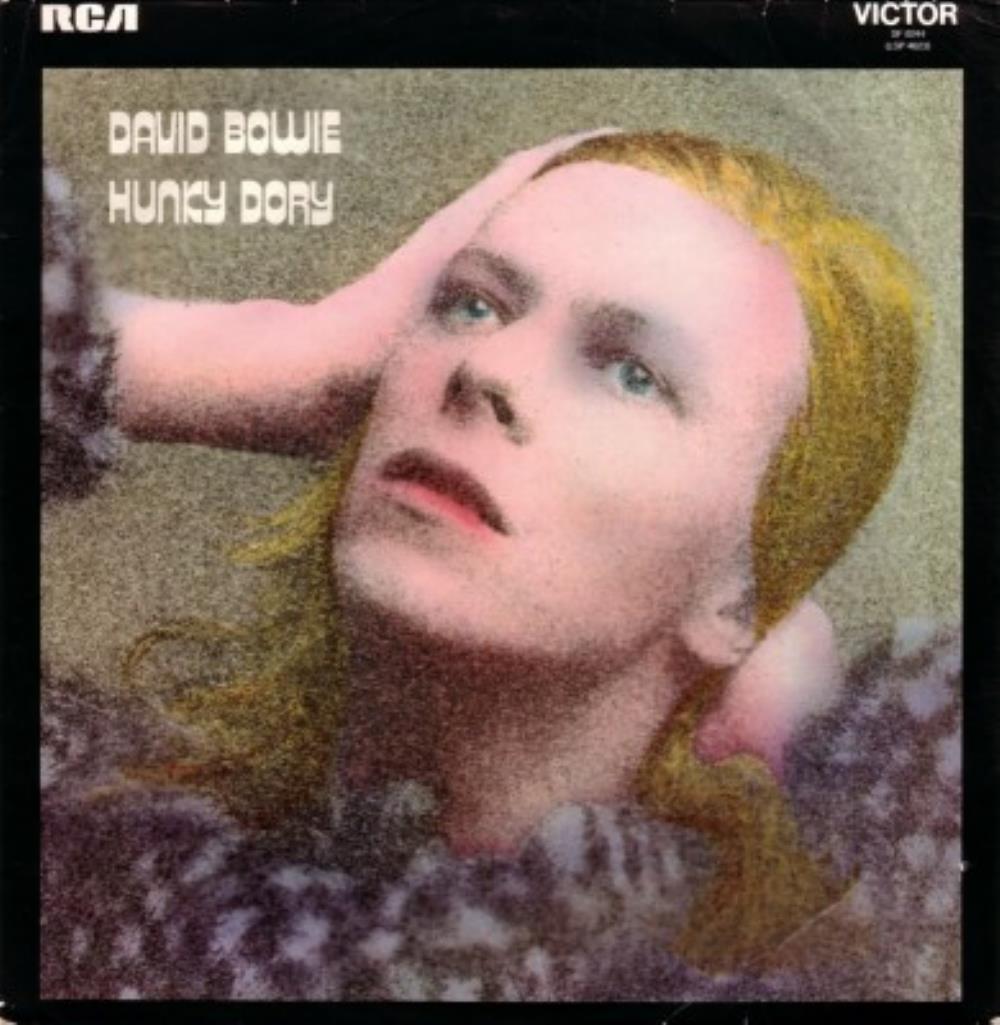 4.16 | 631 ratings
HUNKY DORY
4.16 | 631 ratings
HUNKY DORYBowie, David |
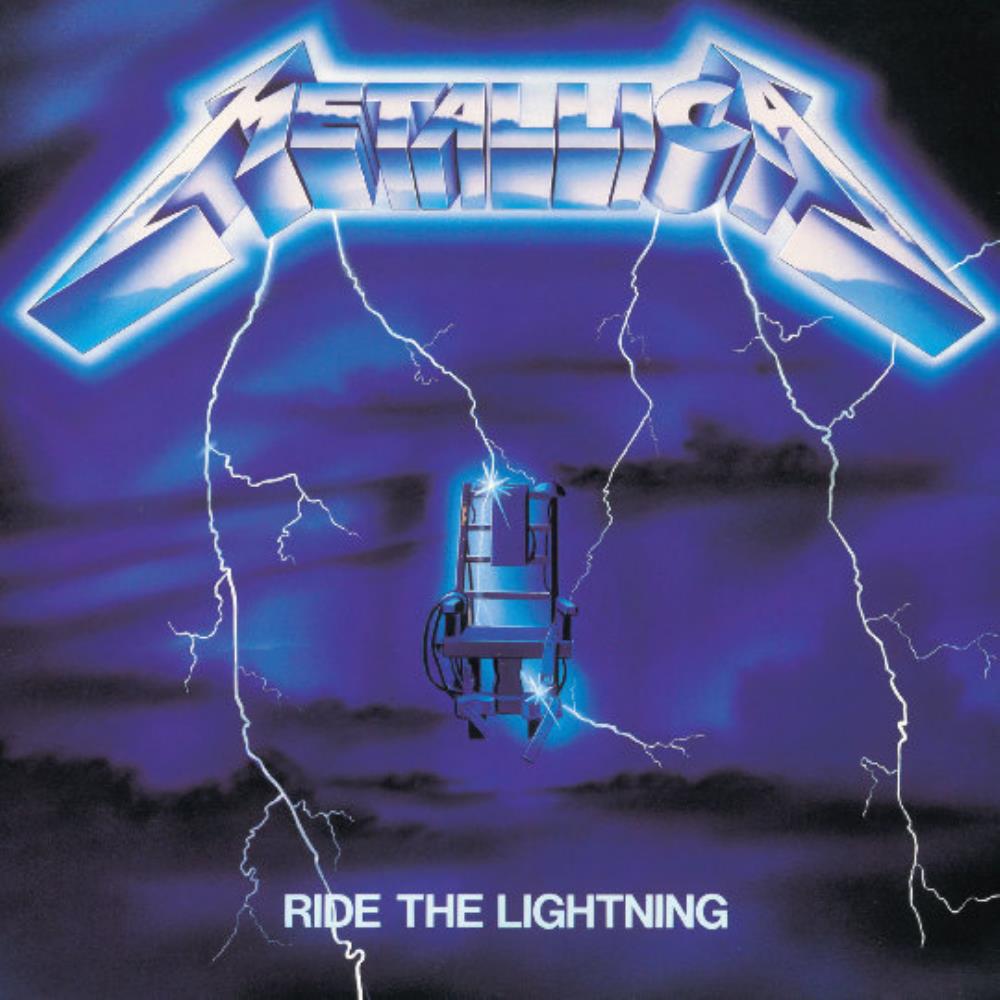 4.12 | 749 ratings
RIDE THE LIGHTNING
4.12 | 749 ratings
RIDE THE LIGHTNINGMetallica |
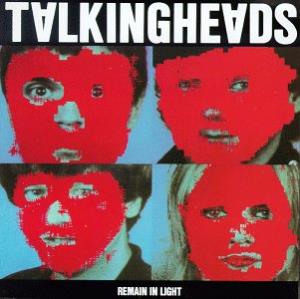 4.21 | 316 ratings
REMAIN IN LIGHT
4.21 | 316 ratings
REMAIN IN LIGHTTalking Heads |
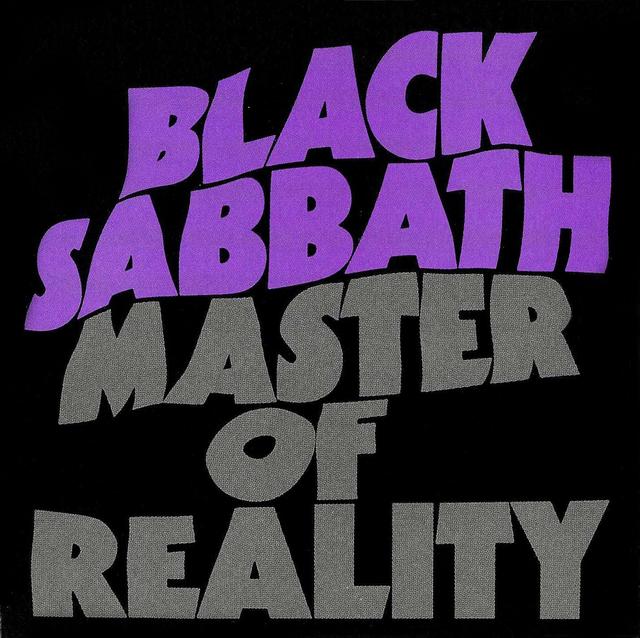 4.10 | 936 ratings
MASTER OF REALITY
4.10 | 936 ratings
MASTER OF REALITYBlack Sabbath |
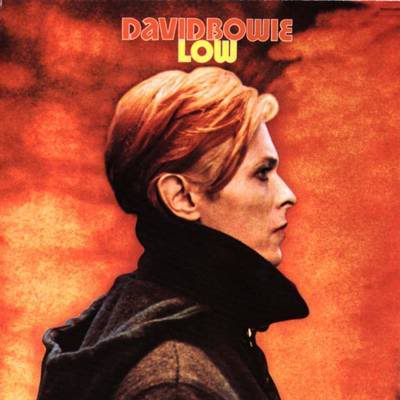 4.13 | 525 ratings
LOW
4.13 | 525 ratings
LOWBowie, David |
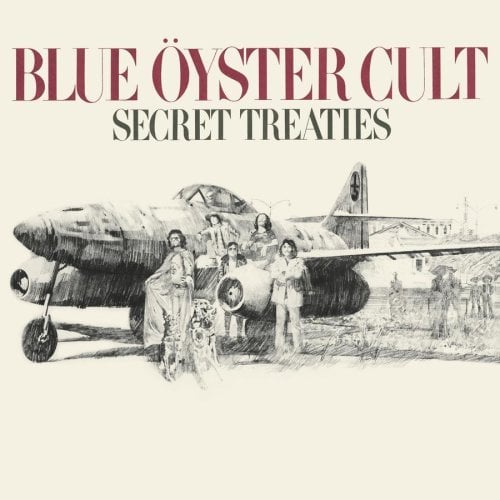 4.16 | 360 ratings
SECRET TREATIES
4.16 | 360 ratings
SECRET TREATIESBlue Öyster Cult |
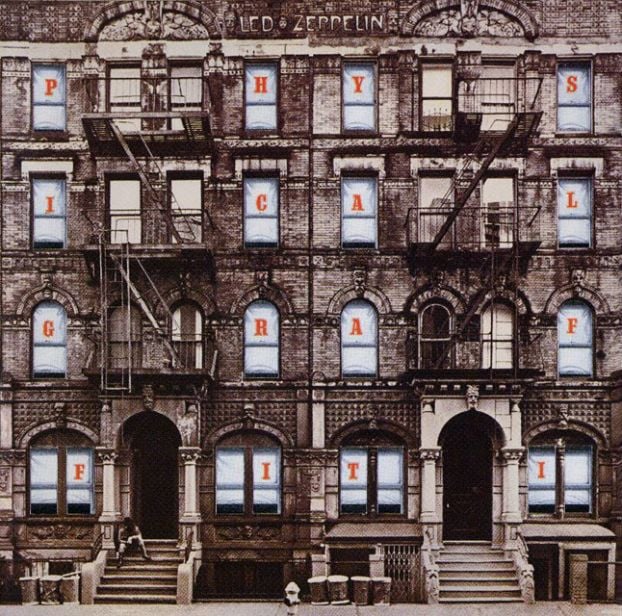 4.06 | 1038 ratings
PHYSICAL GRAFFITI
4.06 | 1038 ratings
PHYSICAL GRAFFITILed Zeppelin |
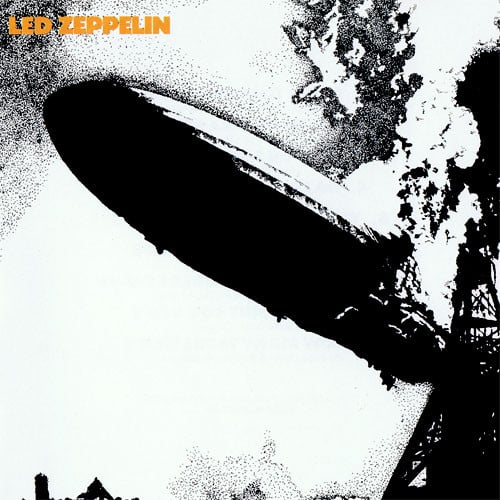 4.06 | 1142 ratings
LED ZEPPELIN
4.06 | 1142 ratings
LED ZEPPELINLed Zeppelin |
Latest Prog Related Music Reviews
Blue Öyster Cult Prog Related
Review by
Finnforest
Special Collaborator Honorary Collaborator
 Nadir of the First Nine
Nadir of the First NineI've noticed that the most common critical view of the mighty BOC holds that Secret Treaties was their masterpiece, Agents of Fortune and Spectres were commercial sellout, Mirrors was the collapse, and Cultosaurus was some sort of musical redemption. In a word---poppycock. My admittedly in-the-minority assessment is that Agents of Fortune is their true masterpiece, Spectres was wonderful, Mirrors, while more commercially-oriented and radio-friendly, was at least still fun, Cultosaurus was the collapse, and Unknown Origin/Revolution by Night were the musical redemption of the First Nine albums.
Cultosaurus is one of the greatest examples of a band completely out of creative gas, a title it would hold for just over five years until Club Ninja wrestled that title away from it. Club Ninja and Cultosaurus have tons in common, actually, despite their surface-level differences in production and sound-sheen: both are stacked front to back with lifeless, monotonous, utter-generic template hard rock numbers that begged me to martyr them as "parking lot" albums (an immature outcome we subjected vinyls to as teenagers when we were displeased with their content---essentially a contest to see who could launch them highest over the empty church parking lot by my friend's house and then produce the most glorious results on impact. Immature, for sure, but at the time, hilarious late-summer-night drinking antics.) For Martin Birch, bless his heart, this was not a collection of material he was going to save with a producer's magic.
The jazz interlude in "Monsters" was a welcome parlor trick that harkened the sense of playfulness this band used to possess, but it's a brief respite. "Divine Wind" is anything but divine, five minutes of relentlessly repetitive plodding. While Buck Dharma could be counted on for a surprise mid-inning stand-up triple as on "I Love the Night" or "The Vigil" elsewhere, here that at-bat would be "Deadline," and he goes down swinging as well. "The Marshall Plan," oh dear, where is that skip button? "Hungry Boys" sounds like a Joe Jackson throwaway. "Fallen Angel" is a nice break from Eric Bloom with Joe B delivering a solid vocal. If I had to come up with one song from this album to place on a BOC retrospective, it would ironically be the last number, "Unknown Tongue," rather than everybody's sweetheart, "Black Blade." "Tongue" has a sinister and playful vibe that would have been right at home on Agents of Fortune, and it has some fine piano playing (by Lanier, I assume.) It has been noted elsewhere that Allen was largely absent from creative input on this album, perhaps another clue into the band dynamic of the moment.
But far too much of Cultosaurus is utterly forgettable, repetitive, and with a sad, performative passion as opposed to music that truly moves you or surprises you. Yes, they are certainly heavier and harder-rocking songs than Mirrors, but you'd never convince me that they're more interesting or ear-pleasing in any way. Members of BOC were trying to find their way back to their first three albums, a spiritual home in their mind, but they lacked the basic quality material and the "early band magic" to pull off such a trick at this point. Mind you, few will agree with my assessment of Cultosaurus, so you'd best check it out yourself. Although, actually, there is one prominent BOC insider who did happen to agree with me, the late great Sandy Pearlman, who noted, "Cultosaurus, I don't like it; some people do. I just don't like it. It doesn't do much for me."
A final point before I exit my soap box is to consider how poorly this album compares to peer albums from other legacy rock acts of the same era---does anyone seriously contend with a straight face that Cultosaurus can stand up to Permanent Waves or Heaven and Hell? Fortunately for our beloved Cult, a more convincingly authentic musical redemption was just around the corner, the one-two punch of Fire of Unknown Origin and The Revolution by Night.
Black Sabbath Prog Related
Review by Bovver
 As Sabbath albums go this one is quite different. Gone is the density of Iommi and Butler; gone are the mystical lyrics
of Dio; gone are interesting rhythmical interplays and gone is anything resembling Sabbath at all really. None of that
means that this is a bad album but it is easy to understand the Sabbath faithful when they reject it. As metal goes this
is an acceptable piece of work, it isn't Sabbath but it is still the output of some talented musicians adept at creating and
performing metal.
As Sabbath albums go this one is quite different. Gone is the density of Iommi and Butler; gone are the mystical lyrics
of Dio; gone are interesting rhythmical interplays and gone is anything resembling Sabbath at all really. None of that
means that this is a bad album but it is easy to understand the Sabbath faithful when they reject it. As metal goes this
is an acceptable piece of work, it isn't Sabbath but it is still the output of some talented musicians adept at creating and
performing metal.Iommi has completely changed his personal style here; he obviously spent too much time with Van Halen because there are occasions where he clearly tries to adopt the Van Halen style - big mistake. Van Halen is Van Halen and no one is going to accept imitations even if the guitarist is just as talented. There are also tracks where Iommi seems to be moving towards the heavy rock of bands like Free. All of which means that the music is filled with strong vocal and guitar hooks but there is very little of anything else, most especially there is nothing here for the prog fan although with those leanings this particular incarnation of the band is certainly playing to their strengths
This is a fairly good 1980s type metal album, verging on hair metal in places and as such the tracks mostly stand alone leaving the album as a collection of mostly decent songs but without any real need for them to be in the same place at the same time. There is little passion to this album other than those few sections where either Hughes or Iommi push themselves to squeeze a little more out in the vocals and solos. Neither of them really does well enough to lift the listener and so there are no tracks that really could have made it to regular playlists on the radio. I do expect that one or two of these tracks achieved air time in the USA where heavy rock and metal were far more mainstream than in the UK and Europe which, were dominated by pop in the 80s. No Stranger to Love would be a good example of one track that you might expect to hear on the radio methinks - no idea if it was released as a single but I wouldn't be surprised.
Lyrically, this stuff becomes very annoying very quickly with the overuse of repetition in the vocal hooks in order to make the listener believe this is truly great stuff when it really isn't. After 2 listens I start to get the feeling that I want the songs to be over so I am very glad that there is nothing over 7 minutes and only 2 tracks over 5. Having said that the production is very strong although I don't like the newer guitar sound that Iommi is using, the vocals are good too but the drum work is too 1980s for me. The whole thing does remind me of Ian Gillan era Deep purple but only the higher tempo filler tracks that those guys used to throw into their work; in fact there are parts of the Perfect Strangers album that sound very similar to some of this stuff. There is a vague nod to prior Sabbath work with the minute long sound effect that is Sphinx as intro to the title track which seems to have a very familiar chorus. Accessible it certainly is but there isn't a progressive note in earshot unless you want to count Sphinx in which case 1 minute out of 44!!
In all this is a passable metal album but entirely irrelevant in the context of progressive music. If you want progressive metal then please ignore this album. If you are Tony Iommi's mum you will love this.
Styx Prog Related
Review by Lobster77
 Just picked up the vinyl and gave it a true listen, I'm glad I did. the Chicago-based 5 piece continue much in the same
vein as their eponymous debut. The primary difference was the inclusion of the Dennis DeYoung power ballad "Lady"
-- which catapulted the combo into the Top Ten pop singles survey at an admirable number six. The collection was
their first to rely entirely upon band-penned originals, kicking off with the rousing "You Need Love." The performance
sounds similar to Queen's earliest sides, especially James Young's commanding vocals which provide a distinct and
dramatic quality. The aforementioned "Lady" is equally dynamic, contrasting the delicate and ethereal introduction
with the comparatively emphatic conclusion. The extended "A Day" is an outlet for Curulewski's underrated skills as
both a composer and singer. The brooding melody is fused to an aggressive instrumental centerpiece highlighting the
dual fretwork of Curulewski and Young as they rival the Allman Brothers' synchronous string-benders Duane Allman
and Dickey Betts. "You Better Ask" is a more predictable straightforward rocker, again displaying Curulewski's
diversity and versatility, although beyond that the track is not really all that interesting. Conversely compelling is
DeYoung's transcription of a Johann Sebastian Bach tune, titled here Little Fugue in 'G'. The overture is played to
great effect on an organ in the sanctuary of the Cathedral of St. James, located just down the street from the
recording studio. Engineers ran audio cables between the two, capturing the interlude live, phenomenal interlude for a phenomenal track. It takes the listener into
another key entry, the seven-plus-minute "Father O.S.A.," "Earl of Roseland" and "I'm Gonna Make You Feel It"
suitably bring Styx II to a close with a pair of hearty up-tempo harbingers, pointing toward the AOR direction that Styx
would continue to explore on subsequent albums. 4 stars get this album!
Just picked up the vinyl and gave it a true listen, I'm glad I did. the Chicago-based 5 piece continue much in the same
vein as their eponymous debut. The primary difference was the inclusion of the Dennis DeYoung power ballad "Lady"
-- which catapulted the combo into the Top Ten pop singles survey at an admirable number six. The collection was
their first to rely entirely upon band-penned originals, kicking off with the rousing "You Need Love." The performance
sounds similar to Queen's earliest sides, especially James Young's commanding vocals which provide a distinct and
dramatic quality. The aforementioned "Lady" is equally dynamic, contrasting the delicate and ethereal introduction
with the comparatively emphatic conclusion. The extended "A Day" is an outlet for Curulewski's underrated skills as
both a composer and singer. The brooding melody is fused to an aggressive instrumental centerpiece highlighting the
dual fretwork of Curulewski and Young as they rival the Allman Brothers' synchronous string-benders Duane Allman
and Dickey Betts. "You Better Ask" is a more predictable straightforward rocker, again displaying Curulewski's
diversity and versatility, although beyond that the track is not really all that interesting. Conversely compelling is
DeYoung's transcription of a Johann Sebastian Bach tune, titled here Little Fugue in 'G'. The overture is played to
great effect on an organ in the sanctuary of the Cathedral of St. James, located just down the street from the
recording studio. Engineers ran audio cables between the two, capturing the interlude live, phenomenal interlude for a phenomenal track. It takes the listener into
another key entry, the seven-plus-minute "Father O.S.A.," "Earl of Roseland" and "I'm Gonna Make You Feel It"
suitably bring Styx II to a close with a pair of hearty up-tempo harbingers, pointing toward the AOR direction that Styx
would continue to explore on subsequent albums. 4 stars get this album!
Queen Prog Related
Review by
Hector Enrique
Prog Reviewer
 Originally broadcast live on BBC radio and television at Christmas 1975, Queen releases their performance at
London's legendary Hammersmith Odeon forty years later, in 2015, "A Night at the Odeon", a clear allusion to the
release of the iconic "A Night at the Opera" available on the market just a few weeks earlier (November 1975). A new
and unexpected present for the band's fans after the release in 2014, also forty years late, of the double album
"Live at the Rainbow '74".
Originally broadcast live on BBC radio and television at Christmas 1975, Queen releases their performance at
London's legendary Hammersmith Odeon forty years later, in 2015, "A Night at the Odeon", a clear allusion to the
release of the iconic "A Night at the Opera" available on the market just a few weeks earlier (November 1975). A new
and unexpected present for the band's fans after the release in 2014, also forty years late, of the double album
"Live at the Rainbow '74"."A Night at the Odeon" captures one of the most prolific and creative periods of the English band, about to take off in the world thanks to the immortal "Bohemian Rhapsody", which curiously in the setlist of the concert is part of a medley shared, without its complex operatic section, with the vaudevillian "Killer Queen" and one of the most progressive and best achieved pieces of the band, the intricate "The March of the Black Queen". The album also includes powerful pieces taken from their first four albums, such as the hard rockers "Now I'm Here", "Ogre Battle" (very close to heavy metal), "Keep Yourself Alive" and "Liar", the infallible and complex solo guitar display by Brian May after the also rocking "Brighton Rock", the intense and emotional pause proposed by the beautiful "White Queen (As It Began)", the restless and very brief "Bring Back That Leroy Brown" with almost no vocal work, and the lilting "In the Lap of the Gods. .. Revisited" which for some reason failed to become a stadium anthem despite its very chantable chorus.
The approximately five thousand people who packed the theatre also watched as Freddie Mercury's band paid tribute to 50s rock and roll with a medley that included fragments of "Jailhouse Rock", "Stupid Cupic", "Be-Bop-A- Lula" and "Shake, Rattle And Roll", before the final encore with the only single from "Queen II", "Seven Seas of Rhye" and its B-side, the bluesy "See What a Fool I've Been", and finally the tape version of the English hymn "God Save the Queen", the closing song that the band kept as an unalterable tradition in their live shows.
"A Night at the Odeon", with a very good sound production work, is another great opportunity to appreciate many of the songs that stopped being part of Queen's setlists in later tours, displaced by the mega hits that began to follow one after the other after "Bohemian Rhapsody".
4/4.5 stars
Jon Anderson Prog Related
Review by LittleJake
 Jon Anderson & The Band Geeks "Live ? Perpetual Change", released 14 March 2025
I've pent some time with this album. Here is my review and song by song grade. It should be noted that YES
are my favorite band, going on well over four decades. I have seen them 20 times in various incarnations. At
this point I would classify myself as an unharsh YES snob. So, keep that in mind. Also, I enjoy all eras and
factions of YES, both past and present. Some eras and lineups I enjoy more than others, but the more the
merrier as far as I am concerned.
Jon Anderson & The Band Geeks "Live ? Perpetual Change", released 14 March 2025
I've pent some time with this album. Here is my review and song by song grade. It should be noted that YES
are my favorite band, going on well over four decades. I have seen them 20 times in various incarnations. At
this point I would classify myself as an unharsh YES snob. So, keep that in mind. Also, I enjoy all eras and
factions of YES, both past and present. Some eras and lineups I enjoy more than others, but the more the
merrier as far as I am concerned.First, this live album is excellent. Doubtful a YES fan wouldn't find much to enjoy. This is a GREAT band that Anderson has surrounded himself around. World class.
Second, a criticism of Jon. The material on this album comprises only YES songs, and from the years 1971 through 1977, with nothing before or after. I know this is what most consider the crème de la crème of the band's output, and it is my favorite era for them as well, but there are decades of amazing music from both YES and Jon outside of YES. So, being in a position to dictate mostly what is played, why is he so restrictive on what gets performed? Why ignore so many gems from over the years? The criticisms of the Steve Howe led YES are understood by me, but one thing you cannot peg on Steve is a myopic approach to setlists. He has dug deep into the Peter Banks era, given a few nods to the Trevor Rabin era, and does not ignore the 90s and early 2000s era of YES when putting shows together. With his YES you know there will be fun surprises in their concerts. I hope Jon maybe digs a little deeper if he continues to tour with the Band Geeks for a while.
Third, some praise for Jon. Dude sounds amazing. I couldn't believe the power he is getting at his age. His timbre has changed over the years, but this was amongst the best he has ever sound in parts.
Ok, now the songs. 1) Yours Is No Disgrace: A+ 2) Perpetual Change: B-; one of my favorite songs, and this was enjoyable; but, the middle instrumental syncopated section didn't really flow well. It sounded more like a woodshed where the band was still trying to get their timing right. They finish it off in great form, though. 3) Close To The Edge: A+; this fired on all cylinders. Really great live version. 4) Heart Of The Sunrise: a surprising A+ from me. I'll explain ? initially I decided I would not give this greater than an A- simply because of so many special Chris Squire performances being etched into my memory, and this would not be Chris. But, it sounded like bass player Richie Castellano was possessed by Chris on this song with Chris then telling him to take that spirit and make it his own. And that he did. Wow. 5) Starship Trooper: B+; a fine performance, but nothing special. Not the same energy as the others. Would rather they played something obscure, like "The Prophet" or "Magnification". The keyboard solo on "Wurm" is awesome, though. 6) Awaken: A; Admittedly, I am not real big on live versions of "Awaken". I enjoy watching the band play it live more than listening to live versions. The studio version just has some magic to it and is so perfectly performed and produced. Nonetheless, these guys really nailed it, and most importantly they did not ritard the climax after the "Masters" section. YES always made the mistake of slowing that part down before coming in big, but that only lessen its impact. It works so well in the studio version because it's played in time. The Band Geeks played it in time. Bravo, and thank you. 7) And You And I: A-; seems maybe the mix was off a tad. Not sure. 8 ) I've Seen All Good People: A- 9) The Gates Of Delirium: A-; Why were the keyboards so low in the mix in parts? Anyway, my only beef with this is what Jon has been doing since the year 2000 ? he sings the "Choose and renounce.." and "Words cause our banner.." lines too high instead of following his original melody. As a singer myself I get it ? it feels good to blast something out a bit differently; but, one must always remember the most important melodic juxtapositions and follow them, and he doesn't here, which dampens the mood. So, this was riding on a B+ until "Soon", which is probably the best version of that section I have heard since the Detroit 1976 Cobo Hall performance on 'YesShows'. It is truly immaculate. Got chills at the end. 10) Roundabout: yeah, whatever+
Aside from some mixing issues here and there this is a solidly produced album. Highly recommend!
P.S. Fourth, I haven't watched the DVD yet.
Queen Prog Related
Review by
VianaProghead
Prog Reviewer
 Review Nº 879
Review Nº 879"Live Killers" is the debut live album of Queen and that was released in 1979. It was recorded live during the European Queen's "Jazz" live world tour, between January and March of 1979 in several locations. It seams that "Don't Stop Me Now", "Spread Your Wings" and "Brighton Rock" were taken from Stadthalle, Bremen on January 20, "Death On Two Legs" was taken from Sporthalle, Cologne on February 1, "39" and "Now I'm Here" were taken from Festhalle, Frankfurt on February 2 and "Love Of My Life" was taken from the DVD release "Greatest Video Hits 1". About the rest of the tracks, it seems to me that apparently, it's impossible to know from which shows the rest of the songs were taken for.
"Live Killers" has twenty two tracks. At the time where "Live Killers" was released, Queen had already seven studio albums, "Queen" which was released in 1973, "Queen II" which was released in 1974, "Sheer Heart Attack" which was released in 1974 too, "A Night At The Opera" which was released in 1975, "A Day At The Races" which was released in 1976, "News Of The World" which was released in 1977 and "Jazz" which was released in 1978. However, not all these albums are presented on "Live Killers". And of those who are present, not all are represented in the same way. So, from "Queen" we have only one track, "Keep Yourself Alive". From "Queen II" we don't have any track here. From "Sheer Heart Attack" we have three tracks, "Killer Queen", "Now I'm Here" and "Brighton Rock". From "A Night At The Opera" we have seven tracks, "Death On Two Legs (Dedicated to?)", "I'm In Love With My Car", "You're My Best Friend", "Love Of My Life", "39", "Bohemian Rhapsody" and "God Save The Queen". From "A Day At The Races" we have only one track, "Tie Your Mother Down". From "News Of The World" we have six tracks, "We Will Rock You", "Get Down, Make Love", "Spread Your Wings", "Sheer Heart Attack", "We Will Rock You" and "We Are The Champions". Finally, from "Jazz" we have four tracks, "Let Me Entertain You", "Bicycle Race", "Dreamer's Ball" and "Don't Stop Me Now".
In 1979, Queen was considered among the rock elite class bands. With a string of hit albums, singles, and sold- out live tours to their credit, the group was about to enter in a new musical phase of their career. And since bootleg copies of their live concerts were fetching exorbitant prices among their fans, the band decided that the better way to close this phase would be the release of their first official live double album, "Live Killers". For unknown reasons, the album was criticized harshly when it was first released. But, listening to it today, I think that we can consider it a good live document of Queen at the height of their 70's arena rock powers, despite its failures. All in all, the album is a solid mix of early hits and forgotten album's tracks, all given new life in the concert setting while the zealous crowd sings along.
"Live Killers" starts with the fast version of "We Will Rock You", which really starts the fire. Next, it was followed in quick succession by some less well known songs like "Let Me Entertain You" and "Death On Two Legs". The medley versions of "Killer Queen", "Bicycle Race" and "I'm In Love With My Car" all flow together perfectly well, and after "Get Down, Make Love" the album picks up again with "You're My Best Friend" and the rollicking "Now I'm Here". The acoustic break of Freddie's "Love Of My Life" and Brian's "'39" is perfect, showcasing the amazing talents of all four members, before the grandiose extravagance of "Keep Yourself Alive", "Don't Stop Me Now" and "Spread Your Wings" show why this band was considered one of the finest live acts ever. The classic "Bohemian Rhapsody" is then followed by the hard rocking completion of the album, with "Tie Your Mother Down" and "Sheer Heart Attack" complemented by "We Will Rock You" and "We Are The Champions", along with "God Save The Queen" as the final conclusion, as usual.
Conclusion: Despite "Live Killers" be a good live album, I was a bit disappointed with it when I heard it for the first time. For a great band like Queen I expected a bit more from the first live album of them. "Live Killers" suffers, in my opinion, from several problems. In the first place, it isn't a very cohesive live album because its songs were taken from several live shows. In the second place, the choice of the repertoire wasn't very well balanced and representative of their entire career, despite being the "Jazz" live world tour. Incomprehensibly, it hasn't any song from "Queen II", which is probably their best studio album and definetely, their most prog album. In the third place, the recording and the mixing of the album aren't really good. So, because of that the final result isn't properly famous. In the fourth place, the live performance of the band sounds distant, in many moments, and the final result sounds without the flame that a live album should have. Thus, the final result isn't a cohesive and a well balanced album. However, the second disc is globally better than the first one. It has some heavy musical moments like "We Will Rock You", "Let Me Entertain You" and "Death On Two Legs", some weak musical moments like "Get Down, Make Love" and even a medley composed by "Killer Queen", "Bicycle Race" and "I'm In Love With My Car". Still, it has also some great live moments like "Now I'm Here" and "Love Of My Life", in disc 1 and "Brighton Rock" and "Bohemian Rhapsody", in disc 2. So, I give to it 3 stars.
Prog is my Ferrari. Jem Godfrey (Frost*)
Led Zeppelin Prog Related
Review by Lobster77
 "Brand new ideas, and lots of influence.". This is the general consensus of the second studio release by Led
Zepp a sequel surpassing the original in every possible way, a tour de force of songwriting, hard rock bombast,
cockiness and, thanks mainly to that riff everyone will be humming while reading these lines, a precursor to heavy
metal.
First of all, let's talk about the "original" aspect. Everyone that thinks this is a far more original, on a songwriting level,
offering than the debut is fooling himself. Off the top of my head: Whole Lotta Love is lyrically and melodically inspired -
off of a Willie Dixon tune called You Need Love, Bring It On Home's first part is a cover from?Willie Dixon's Bring It
On Home To Me, The Lemon Song's fast section is taken from Howlin' Wolf's Killin' Floor and of course, both Whole
Lotta Love's and Moby Dick's guitar riffs are suspiciously similar (but are not stolen) to Hendrix's Hey Joe and Bobby
Parker's Watch Your Step riffs, respectively. To be fair, though, most of the rip-offs were later acknowledged in credits
by the band; my point is that this is more or less a semi-original effort by the band songwriting-wise.
"Brand new ideas, and lots of influence.". This is the general consensus of the second studio release by Led
Zepp a sequel surpassing the original in every possible way, a tour de force of songwriting, hard rock bombast,
cockiness and, thanks mainly to that riff everyone will be humming while reading these lines, a precursor to heavy
metal.
First of all, let's talk about the "original" aspect. Everyone that thinks this is a far more original, on a songwriting level,
offering than the debut is fooling himself. Off the top of my head: Whole Lotta Love is lyrically and melodically inspired -
off of a Willie Dixon tune called You Need Love, Bring It On Home's first part is a cover from?Willie Dixon's Bring It
On Home To Me, The Lemon Song's fast section is taken from Howlin' Wolf's Killin' Floor and of course, both Whole
Lotta Love's and Moby Dick's guitar riffs are suspiciously similar (but are not stolen) to Hendrix's Hey Joe and Bobby
Parker's Watch Your Step riffs, respectively. To be fair, though, most of the rip-offs were later acknowledged in credits
by the band; my point is that this is more or less a semi-original effort by the band songwriting-wise.As for the "drive" part, here you are: While II may sound harder and heavier than the debut on a first listen, this isn't quite the case; the "heavy" numbers on their first release were more ferocious and uncompromising by a long mile. Few of the songs here match the threat and menace of a gem like Dazed And Confused or How Many More Times; these were simply more gripping and edgier than most material on here, whether one adores or despises blues- influenced music. Only Whole Lotta Love showcases some of the darkness of the debut, while the rest of the record is rooted more on hard rock than early metal. It's not a disadvantage, but too many people mistake this release as the heavier one while this is not the case.
The only improvement I can see in the album is the over-abundance of riffs here; truly, this is actually the most riff- heavy album in the Zeppelin Pantheon and for good reason; the riffs allow the group to move on a harder rocking territory, as opposed to the debut's blues leanings. Whether they are brash and heavy on the album opener, bluesy on The Lemon Song or baggy and groovier on Heartbreaker, Jimmy works wonders with these catchy phrases on his guitar. Sometimes, even the bass works up some incredibly memorable and nifty lines, as on What Is And What Should Never Be; speaking of which, isn't it a terrific tune to begin with? A compelling fusion of jazz, hard rock and pop that should not be missed. Jimmy's dynamics are also prominent here; loud and sharp on the choruses, light and restrained on the verses and a bit of both on his awe-inspiring slide solo. Fantastic!
Whole Lotta Love is such a famous classic that I won't even bother talking about it; suffice to say, if you haven't heard this one, your rock knowledge is really incomplete. The Lemon Song is the album's You Shook Me; not as earth- shaking as that one, but incredibly groovy on the other hand. From the opening riff to the middle part, where Jones lays down every bass trick he knows while Jimmy with Robert engage in a terrific 'call and response' routine, this is as fantastic as blues jams can get. Even more impressive, from a songwriting standpoint, is Ramble On; Robert sings a sweet melody before leading the way for the explosive chorus, Jimmy mixes impressively acoustics with electrics, not to mention an astonishing "harmonized" solo figure in the middle of the song. Jones' playing is as inspired as on What Is and Bonham treats the verses with African percussion. Impressive!
Living Loving Maid is the brother of Communication Breakdown in the sense that it is a pop-meets-hard rock experiment, but quite often feels watered-down. It lacks the trademark Zeppelin fire and the group mistakenly emphasizes the pop side rather than the hard one, the former of which they never truly mastered. Another let down is also Thank You; where has Babe I'm Gonna Leave You gone? This is arguably a low point in Zep-ballads, where even the admittedly good melody can't save the tune from its overly sentimental and 'adolescent' nature. This is a band that would, in the following years, pen mature gems like Going To California and That's The Way.
The closing Bring It On Home is one last valuable addition,to the album but it pales in comparison to the debut's closing number, which kicks it by the window any time of the week, but it has a well-written riff, as well as interesting harp lines from Robert?and that's about it. Live, it worked much, much better as a medley; everyone should check it out. The honor for the worst cut, though, must fall on Moby Dick. Now, don't get me wrong; John Bonham is tied for my favorite drummer together with Keith Moon and Neil Peart and others. , but this is not the essence of his playing. He became famous for being an inventive, dynamic and instinctive drummer, not a soloing beast. Not to mention that, the only people who need drum solos on an album are, guess what, drummers. The rest should, logically, press the forward button as soon as possible.
To cut the story short, this a solid and in places improved follow-up to the group's first album. Unfortunately, it has a solid percentage of filler and, quite frankly, I'm not going to forgive this flaw just because Whole Lotta Love and Heartbreaker are/were radio standards. The debut had a zero amount of bad songs and a much more threatening vibe that truly is the essence of early Led Zeppelin. And while it opens much more impressively, it finishes rather poorly compared to I. In any way, it is Zeppelin at their prime without a doubt and one of the best they did throughout their impressive career. Great sophomore album, 4 stars
Styx Prog Related
Review by Lobster77
 Styx seem to have gotten lost in time. During their 70s-80s heyday, they were never as technically inclined as Kansas.
They never wrote a single as huge as the ones that Journey churned out on the regular. Their trio of vocalists, no
matter how individually talented, couldn't combined imbue as much passion and energy as Queen's Freddie Mercury.
Nevertheless, Styx were kings of the chorus, and their hybrid brand of progressive rock dominated the mid-to-late
70s for good reason. Not only is it some of the catchiest music you will hear in your entire life, but it's also
fundamentally sound and experimental rock music. At the pinnacle of their career stands The Grand Illusion ? by all
means a magnum opus ? and likely one of the few albums (if not the only) that most people will name-check when
you mention Styx.
Styx seem to have gotten lost in time. During their 70s-80s heyday, they were never as technically inclined as Kansas.
They never wrote a single as huge as the ones that Journey churned out on the regular. Their trio of vocalists, no
matter how individually talented, couldn't combined imbue as much passion and energy as Queen's Freddie Mercury.
Nevertheless, Styx were kings of the chorus, and their hybrid brand of progressive rock dominated the mid-to-late
70s for good reason. Not only is it some of the catchiest music you will hear in your entire life, but it's also
fundamentally sound and experimental rock music. At the pinnacle of their career stands The Grand Illusion ? by all
means a magnum opus ? and likely one of the few albums (if not the only) that most people will name-check when
you mention Styx.If you've listened to the band's entire discography, you'll notice that by the mid-80s, their extravagance and affinity for grandiose concepts eventually became their undoing. The Grand Illusion is widely considered Styx's best record because it is the optimal point of intersection between their grandiosity and artistic integrity ? it came out after their meandering progressive roots, yet before they imploded into disjointed, theatrical pop. What we end up with is something that sounds magnificent and retains Styx's trademark flair-for-the-dramatic, but is also capable of detouring into mysterious and unpredictable territories.
The Grand Illusion is not so much a "concept album" as it is one that possesses a central motif. Themes of eschewing material wealth and coming to peace with who you are permeate the record: paired with the similarly themed follow- up Pieces of Eight, 1977-1978 marked Styx's existential crisis period. The band was at peak popularity, and they questioned everything from their fame ("we made the grade and still we wonder who the hell we are") to their place in the world ("I spend my life and sell my soul on the road, and I'm still in the dark"). It makes for an uplifting experience as Styx condemn affluence and celebrity status in favor of trying to relate to their listeners on a human level. It's as Dennis DeYoung sings on the stately, eponymous opener, "deep inside we're all the same."
Styx somewhat unfairly garners a reputation as a cheesy glam-rock band. There is certainly some truth to it as they espouse some of these traits, but their music was always built upon a foundation of progressive-leaning rock with interesting guitar solos, varied song structures, and mysterious atmospheres. These styles are easier to differentiate from the pomp and frills on earlier works, but The Grand Illusion is by far the best combination of styles ? resulting in a breakthrough that would lead to Styx's golden era (1977's The Grand Illusion, 1978's Pieces of Eight, 1979's Cornerstone, and 1981's Paradise Theater). In that sense, this record might be viewed as not only the group's masterwork, but also the catalyst that led to one of the most fruitful five year periods in the history of rock 'n' roll. The Grand Illusion is an essential of Styx discography its also their proggiest effort. 5 stars.
John Renbourn Prog Related
Review by
kenethlevine
Special Collaborator Prog-Folk Team
 Whether "Ship of Fools" is simply the album title or actually the name of this ensemble, it's clear that the former
PENTANGLE guitarist has here assembled THE JOHN RENBOURN GROUP mach 2. Instead of trotting out JACQUI
MCSHEE yet again, he wisely engaged the young fresh marriage and business partners STEVE TILSTON and MAGGIE
BOYLE who had guested on each others' albums and later worked as a pair.
Whether "Ship of Fools" is simply the album title or actually the name of this ensemble, it's clear that the former
PENTANGLE guitarist has here assembled THE JOHN RENBOURN GROUP mach 2. Instead of trotting out JACQUI
MCSHEE yet again, he wisely engaged the young fresh marriage and business partners STEVE TILSTON and MAGGIE
BOYLE who had guested on each others' albums and later worked as a pair.
Boyle could not only sing angelically and with more warmth than MCSHEE, but she adds flutes and whistles complementing those of the ever present TONY ROBERTS, while Tilston himself sings and strums and plucks a cornucopia of instruments. The result is the best such collaboration in Renbourn's long career at this unlikely late date of 1988. While it can't match his best instrumental projects, songs like the STEELEYE like "Searching for Lambs", the enchanting "Sandwood down to Kyle", and the MORRIGAN-like title cut lend credibility to the hypothesis that the newcomers injected needed vivacity into a formula that had thus far been only a titch to the good side of competent. Even the one vocal-less number "Cobbler's Jig / Maltese Brawls", with a title that screams filler, is one of the high points for its flourishing arrangements.
It's a shame that this was not only a one off but proved to be Renbourn's last disc for a decade. While it hits the 3.5 star level on the nose, I'd be a fool not to round up if only to acknowledge its preeminence relative to the 1977 and 1980 top heavy John Renbourn Group issues.
Mike Rutherford Prog Related
Review by Sidscrat
 This solo entry from Rutherford is the only good one he put out and it was the first. Often a band or solo artist's
first attempt is not as good as ones that follow but in his case he got it right. I bought this album a long time ago
and found it to have a certain atmosphere instrumentally that I really liked. The concept story is fine but my
musical leanings are always focused on instrumentation and the voice is one of those instruments (not so much
the words). He is not a lead guitarist and I was saddened when Hacket left due to his input being very limited and
they did not recruit another lead guitarist. He does admit that he is not as much a player as he is a songwriter and
there is good stuff on here. The keyboards being played by his old pal Ant Phillips displays a talent I had not known
he had. I again applaud the atmosphere that the keys create. The bass lines and pedals are solid and Simon Phillips
in his early days is still better than many drummers with much more time behind the kit. Between the Tick and the
Tock starts the album and the overall instrumental theme and the last part of Working In Line sounds much like
Genesis in the era this was recorded. After Hours and Smallcreep Alone are examples of mellow atmosphere that
have their appeal. Cats and Rats (In This Neighbourhood) is again a track that could have been a Genesis song. The
more proggy instrumental Out into the Daylight shows Rutherford's best guitar work that is better than anything he
did on a Genesis album. I like the emotional climax. At the End of the Day is a mellow track that is a not as
memorable. Moonshine is a unique track with the heavy synth bass line. Time And Time Again and Every Road are
the low point tracks for me. Romani recovers that nicely with the keyboards and the time signature shifts. I like the
first part of it the best. My favorite track is the ending Overnight Job. All the instrumentation is well orchestrated
and the combination of keys, bass and guitar is great. The chorus sections almost have that Spector Wall Of Sound
quality as it fills up the spectrum. After being in Genesis since the beginning and seeing them through some of the
best prog from 1971-1977, this was a good way for him to end his prog leanings. After this he put out the
forgettable Acting Very Strange and Mike And The Mechanics for me is simply pop. 3 stars is too little and 4 is too many so 3.5
This solo entry from Rutherford is the only good one he put out and it was the first. Often a band or solo artist's
first attempt is not as good as ones that follow but in his case he got it right. I bought this album a long time ago
and found it to have a certain atmosphere instrumentally that I really liked. The concept story is fine but my
musical leanings are always focused on instrumentation and the voice is one of those instruments (not so much
the words). He is not a lead guitarist and I was saddened when Hacket left due to his input being very limited and
they did not recruit another lead guitarist. He does admit that he is not as much a player as he is a songwriter and
there is good stuff on here. The keyboards being played by his old pal Ant Phillips displays a talent I had not known
he had. I again applaud the atmosphere that the keys create. The bass lines and pedals are solid and Simon Phillips
in his early days is still better than many drummers with much more time behind the kit. Between the Tick and the
Tock starts the album and the overall instrumental theme and the last part of Working In Line sounds much like
Genesis in the era this was recorded. After Hours and Smallcreep Alone are examples of mellow atmosphere that
have their appeal. Cats and Rats (In This Neighbourhood) is again a track that could have been a Genesis song. The
more proggy instrumental Out into the Daylight shows Rutherford's best guitar work that is better than anything he
did on a Genesis album. I like the emotional climax. At the End of the Day is a mellow track that is a not as
memorable. Moonshine is a unique track with the heavy synth bass line. Time And Time Again and Every Road are
the low point tracks for me. Romani recovers that nicely with the keyboards and the time signature shifts. I like the
first part of it the best. My favorite track is the ending Overnight Job. All the instrumentation is well orchestrated
and the combination of keys, bass and guitar is great. The chorus sections almost have that Spector Wall Of Sound
quality as it fills up the spectrum. After being in Genesis since the beginning and seeing them through some of the
best prog from 1971-1977, this was a good way for him to end his prog leanings. After this he put out the
forgettable Acting Very Strange and Mike And The Mechanics for me is simply pop. 3 stars is too little and 4 is too many so 3.5
Prog Related bands/artists list
| Bands/Artists | Country |
| 10CC | United Kingdom |
| 14 BIS | Brazil |
| 801 | United Kingdom |
| ABEDUL | Spain |
| ABSOLUUTTINEN NOLLAPISTE | Finland |
| ACIDENTE | Brazil |
| AERODROM | Yugoslavia |
| AGNUS DEI | Austria |
| DON AIREY | United Kingdom |
| ALBERO MOTORE | Italy |
| ALWAYS ALMOST | United States |
| THE AMBER LIGHT | Germany |
| AMBROSIA | United States |
| JON ANDERSON | United Kingdom |
| ARIEL | Australia |
| ASIA | United Kingdom |
| ATLANTIS | United States |
| PETER BARDENS | United Kingdom |
| SYD BARRETT | United Kingdom |
| LUCIO BATTISTI | Italy |
| BEAU DOMMAGE | Canada |
| BIJELO DUGME | Yugoslavia |
| BLACK SABBATH | United Kingdom |
| BLACKFIELD | Multi-National |
| BLODWYN PIG | United Kingdom |
| BLUE ÖYSTER CULT | United States |
| JEAN-PASCAL BOFFO | France |
| THE BOLLENBERG EXPERIENCE | Belgium |
| DAVID BOWIE | United Kingdom |
| BRAM STOKER | United Kingdom |
| BUCKETHEAD | United States |
| BUDGIE | United Kingdom |
| BYZANTIUM | United Kingdom |
| JOHN CALE | United Kingdom |
| CARNEGIE | United States |
| CASA DAS MÁQUINAS | Brazil |
| THE CHURCH | Australia |
| CITY | Germany |
| CITY BOY | United Kingdom |
| CLOUDS | United Kingdom |
| STEWART COPELAND | United States |
| CRUACHAN | Ireland |
| MARTIN DARVILL & FRIENDS | United Kingdom |
| BRIAN DAVISON'S EVERY WHICH WAY | United Kingdom |
| FABRIZIO DE ANDRÉ | Italy |
| CHRISTIAN DÉCAMPS | France |
| DEUS | Belgium |
| DIABOLUS | United Kingdom |
| DIR EN GREY | Japan |
| DRAGON | New Zealand |
| DREAMLAND | United States |
| ER. J. ORCHESTRA | Ukraine |
| ESQUIRE | United Kingdom |
| EVOLVE IV | United States |
| EX CATHEDRA | United States |
| EXIT | Switzerland |
| FAIRPORT CONVENTION | United Kingdom |
| THE FIRE THEFT | United States |
| THE FLAMING LIPS | United States |
| FLIED EGG / EX STRAWBERRY PATH | Japan |
| FLIGHT 09 | Uzbekistan |
| FLYING COLORS | United States |
| FOTHERINGAY | United Kingdom |
| ELOY FRITSCH | Brazil |
| FUGATO ORCHESTRA | Hungary |
| AVIV GEFFEN | Israel |
| DAVID GILMOUR | United Kingdom |
| GORDON GILTRAP | United Kingdom |
| ROGER GLOVER | United Kingdom |
| GOD BLESS | Indonesia |
| GODLEY & CREME | United Kingdom |
| GOLDEN EARRING | Netherlands |
| GROUNDHOGS | United Kingdom |
| GTR | United Kingdom |
| GUDDAL (YNGVE) & MATTE (ROGER T.) | Norway |
| GYGAFO | United Kingdom |
| THE HAPPENINGS FOUR | Japan |
| HAPPY END | Japan |
| HELP YOURSELF | United Kingdom |
| KEN HENSLEY | United Kingdom |
| ROGER HODGSON | United Kingdom |
| HORIZONT | Sweden |
| INDIGO | Austria |
| IRON MAIDEN | United Kingdom |
| JACKSON HEIGHTS | United Kingdom |
| BERT JANSCH | United Kingdom |
| JAPAN | United Kingdom |
| JEAN-MICHEL JARRE | France |
| JON & VANGELIS | United Kingdom |
| BRYAN JOSH | United Kingdom |
| JOURNEY | United States |
| KALEVALA | Finland |
| ERIC KAMPMAN | United States |
| KESTREL | United Kingdom |
| KING'S X | United States |
| KINO | United Kingdom |
| KLAATU | Canada |
| KORNELIJE KOVAč | Yugoslavia |
| KREUZWEG | Germany |
| GREG LAKE | United Kingdom |
| LANA LANE | United States |
| LED ZEPPELIN | United Kingdom |
| GEDDY LEE | Canada |
| LIFE | United Kingdom |
| ALEX LIFESON | Canada |
| JOSIPA LISAC | Yugoslavia |
| JON LORD | United Kingdom |
| MAGELLANMUSIC | United States |
| MAGNA CARTA | United Kingdom |
| MAGNUM | United Kingdom |
| YNGWIE MALMSTEEN | Sweden |
| MÅNS MOSSA | Sweden |
| GERARD MANSET | France |
| PHIL MANZANERA | United Kingdom |
| NICK MASON | United Kingdom |
| MASTERPLAN | Multi-National |
| MATTER OF TASTE | Austria |
| PETER MATUCHNIAK | United States |
| MAX WEBSTER | Canada |
| MERCURY REV | United States |
| METALLICA | United States |
| MINDFIELDS | Poland |
| MOONDANCER | Japan |
| MUSE | United Kingdom |
| NATURE AND ORGANISATION | United Kingdom |
| NOW | United States |
| OFFENBACH | Canada |
| OM ART FORMATION | Bulgaria |
| OYSTERHEAD | United States |
| JIMMY PAGE - ROBERT PLANT | United Kingdom |
| THE PARLOUR BAND | United Kingdom |
| ALAN PARSONS | United Kingdom |
| PESCADO RABIOSO | Argentina |
| SHAWN PHILLIPS | United States |
| PHISH | United States |
| I POOH | Italy |
| DAVORIN POPOVIć | Yugoslavia |
| PRIMUS | United States |
| QUEEN | United Kingdom |
| RAIN FOR A DAY | Germany |
| RAINBOW | Multi-National |
| JOHN RENBOURN | United Kingdom |
| TERRY RILEY | United States |
| LAZA RISTOVSKI | Yugoslavia |
| ROCKFOUR | Israel |
| MIKE RUTHERFORD | United Kingdom |
| SADISTIC MIKA BAND | Japan |
| SATIN WHALE | Germany |
| THE SAVAGE ROSE | Denmark |
| IRMIN SCHMIDT | Germany |
| SERÚ GIRÁN | Argentina |
| WILLIAM SHELLER | France |
| SIGNS OF ONE | Canada |
| DAVE SINCLAIR | United Kingdom |
| PETER SINFIELD | United Kingdom |
| SLINT | United States |
| SOLSTICE COIL | Israel |
| STEELEYE SPAN | United Kingdom |
| STRAWBERRY FIELDS | Poland |
| STREAM OF PASSION | Netherlands |
| STYX | United States |
| SUI GENERIS | Argentina |
| SUPER FURRY ANIMALS | United Kingdom |
| SVANN | Poland |
| SYMPHONIC SLAM | Canada |
| SYNERGY | United States |
| SYNOPSIS | Estonia |
| ALDO TAGLIAPIETRA | Italy |
| TALKING HEADS | United States |
| TAMOUZ | Israel |
| TANTALUS | United Kingdom |
| TIRED TREE | Sweden |
| TITANIC | Norway |
| TOY MATINEE | United States |
| TRAVELLERS | Poland |
| TRIANGLE | France |
| TRIANGULUS | Sweden |
| TRICANTROPUS | Spain |
| TRIUMPH | Canada |
| STEVE VAI | United States |
| ANNEKE VAN GIERSBERGEN | Netherlands |
| VANGELIS | Greece |
| OLIVER WAKEMAN | United Kingdom |
| SCOTT WALKER | United Kingdom |
| WALRUS | Japan |
| JOHN WETTON | United Kingdom |
| WHALEFEATHERS | United States |
| WHEATSTONE BRIDGE | United States |
| WHIMWISE | United Kingdom |
| WHITE | United Kingdom |
| ROBIN WILLIAMSON | United Kingdom |
| WISHBONE ASH | United Kingdom |
| THE WISHING TREE | United Kingdom |
| ERIC WOOLFSON | United Kingdom |
| ZON | Canada |


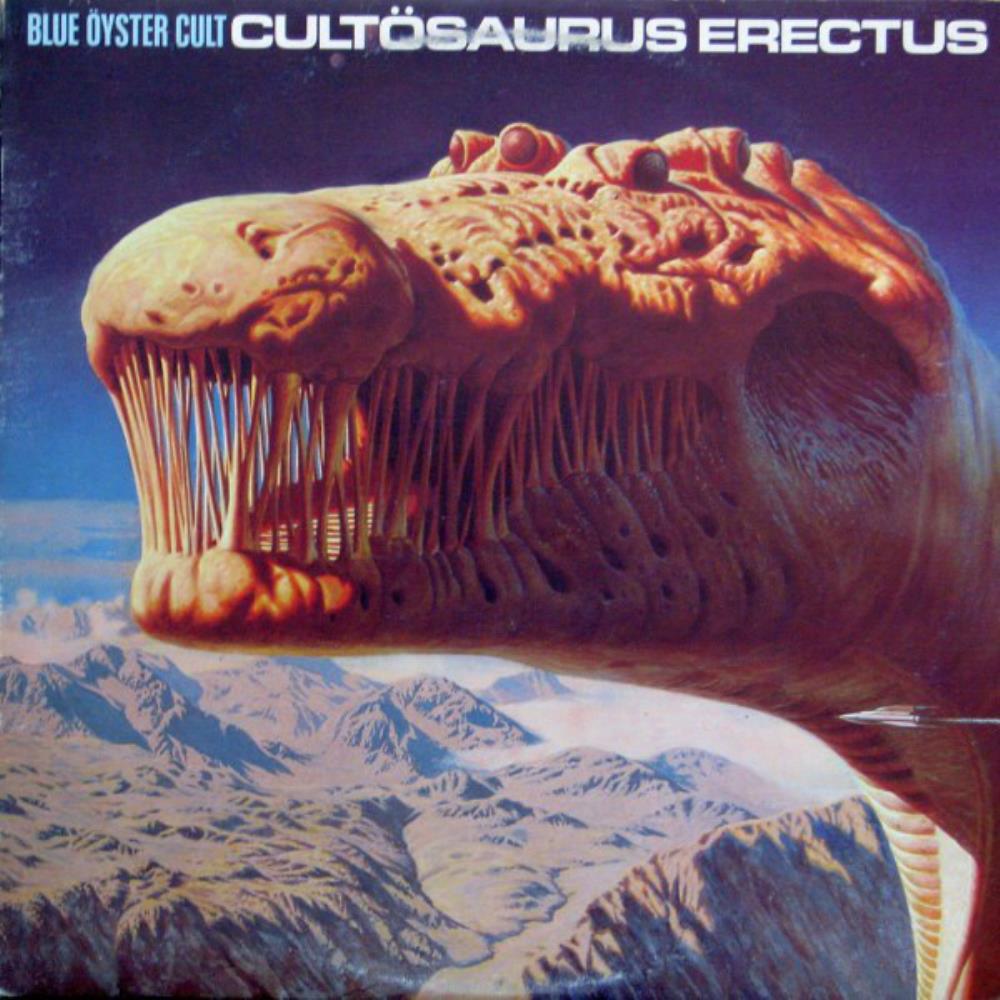
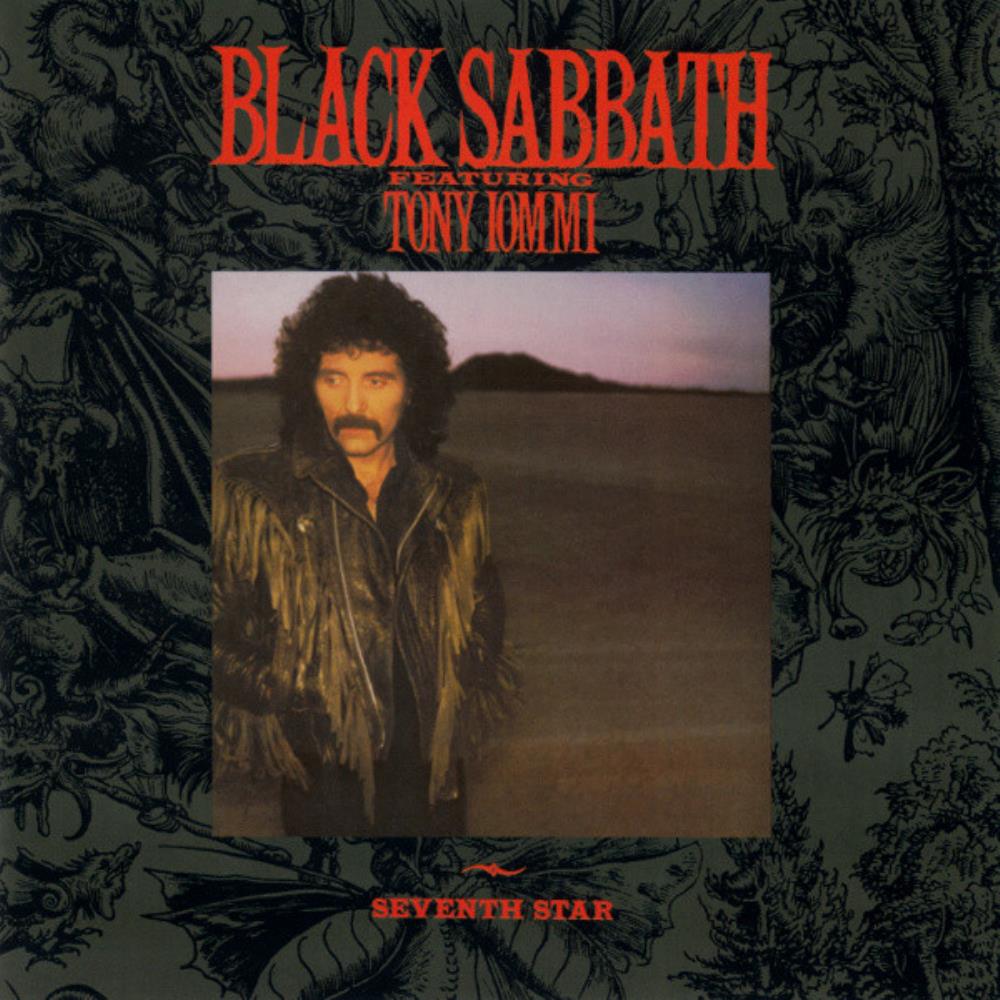
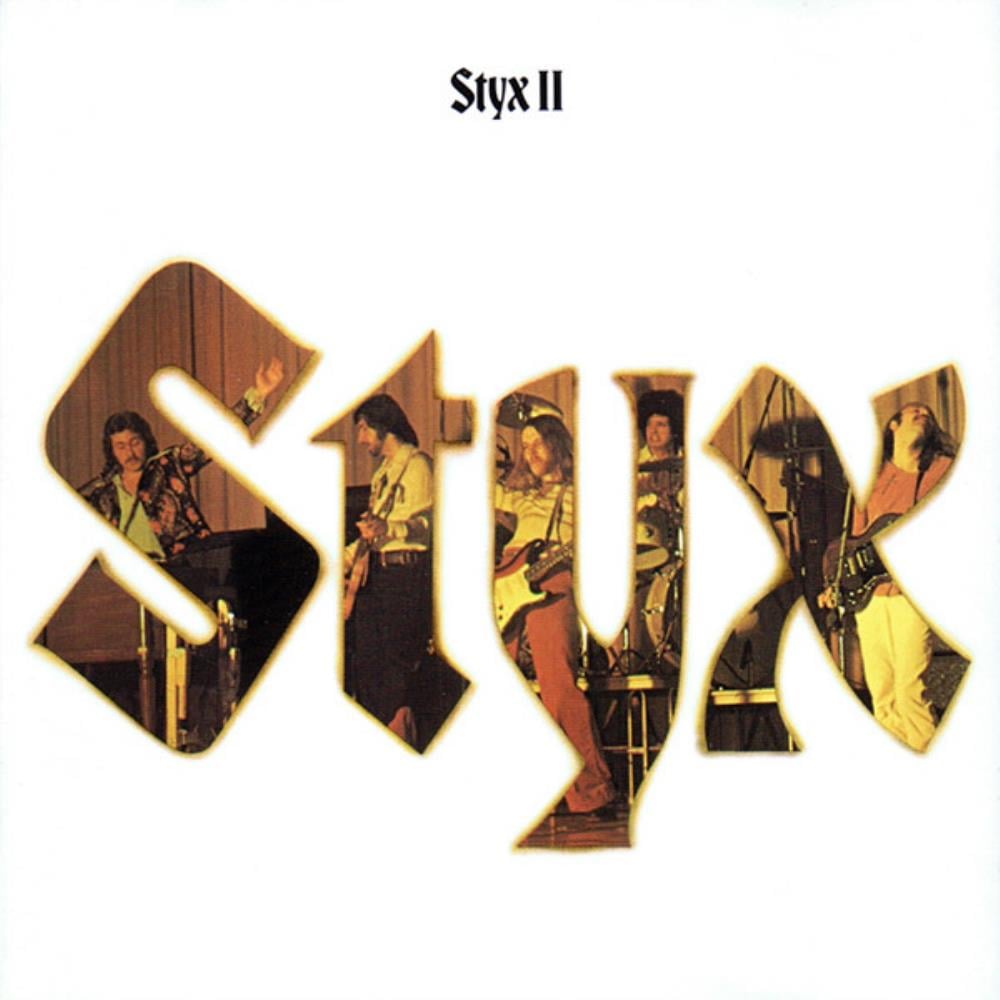

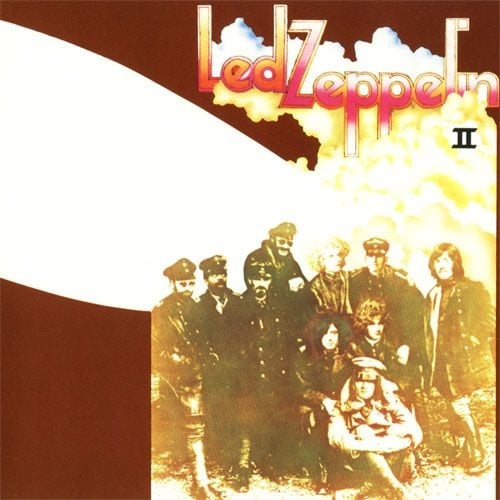
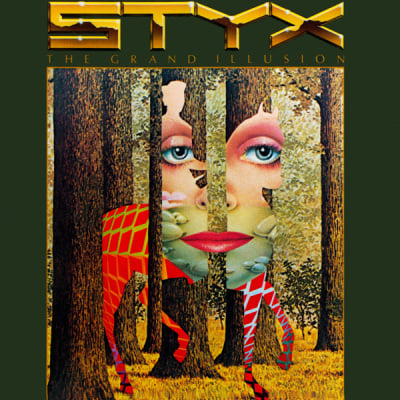
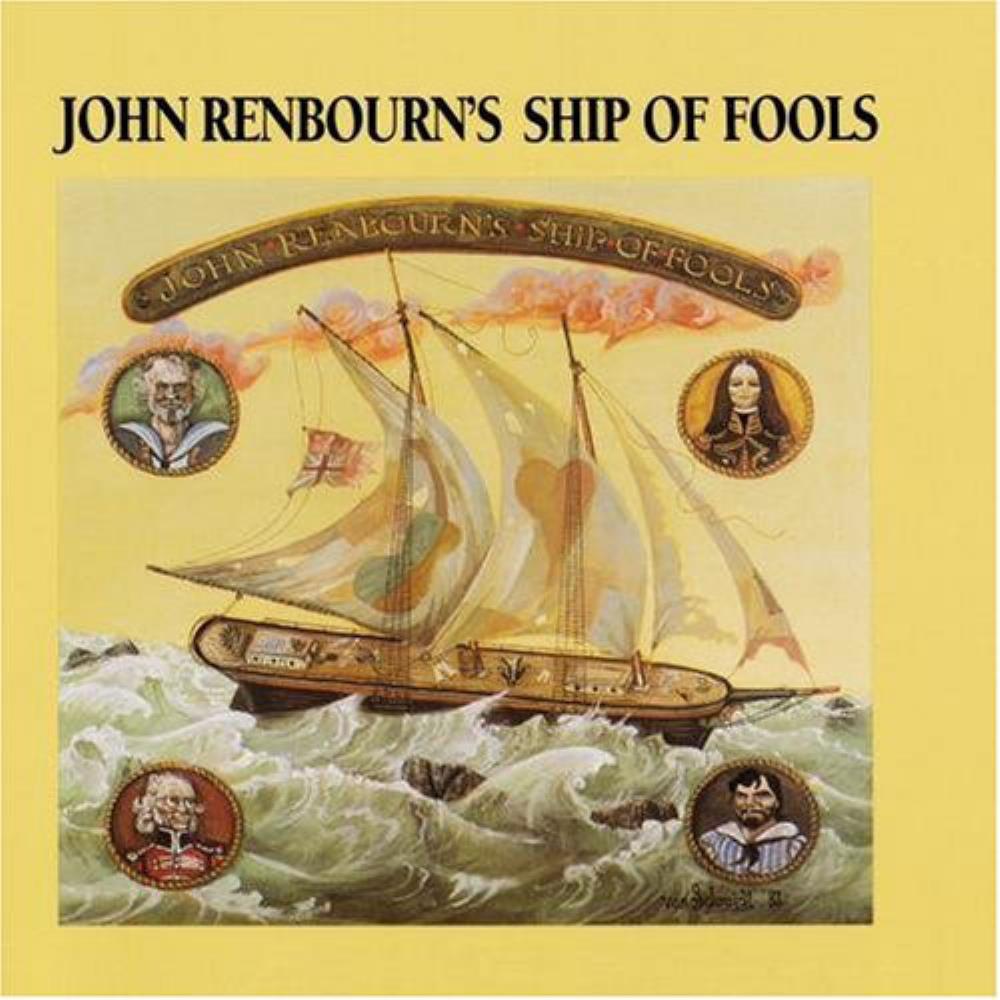
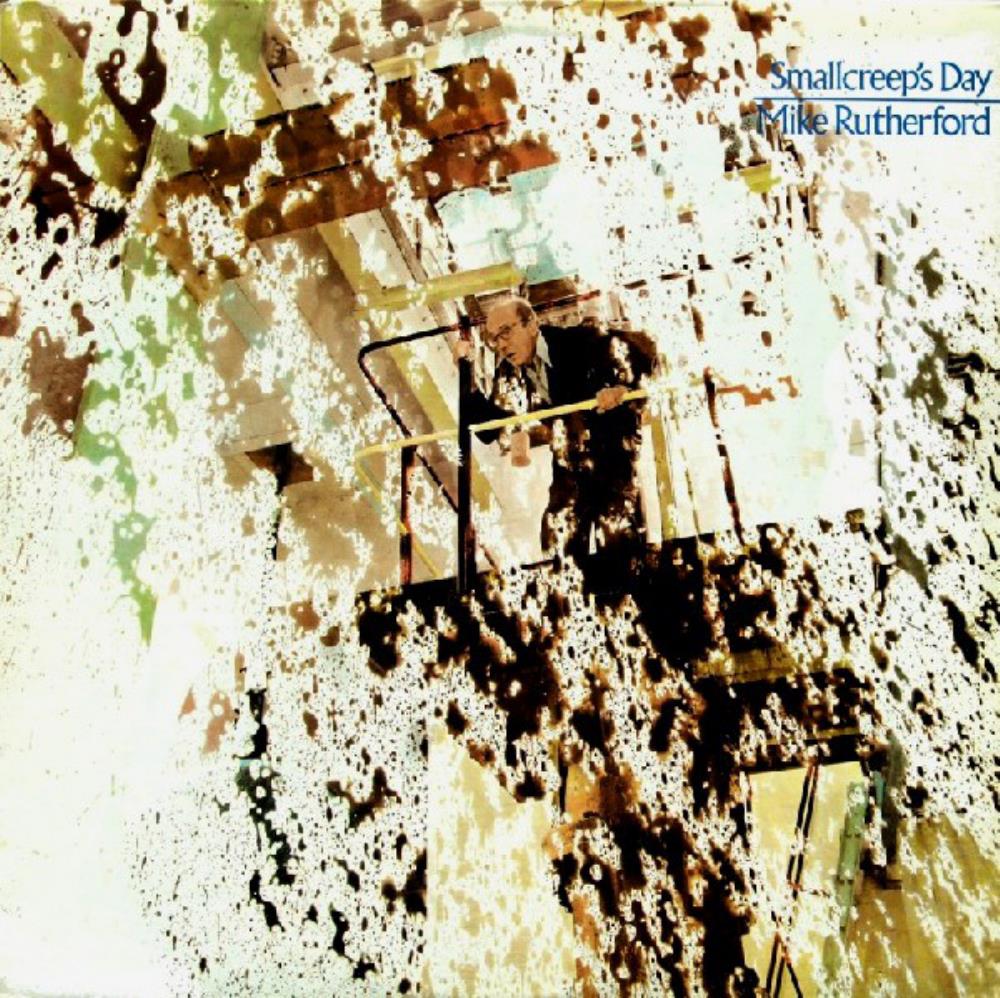
 |
|